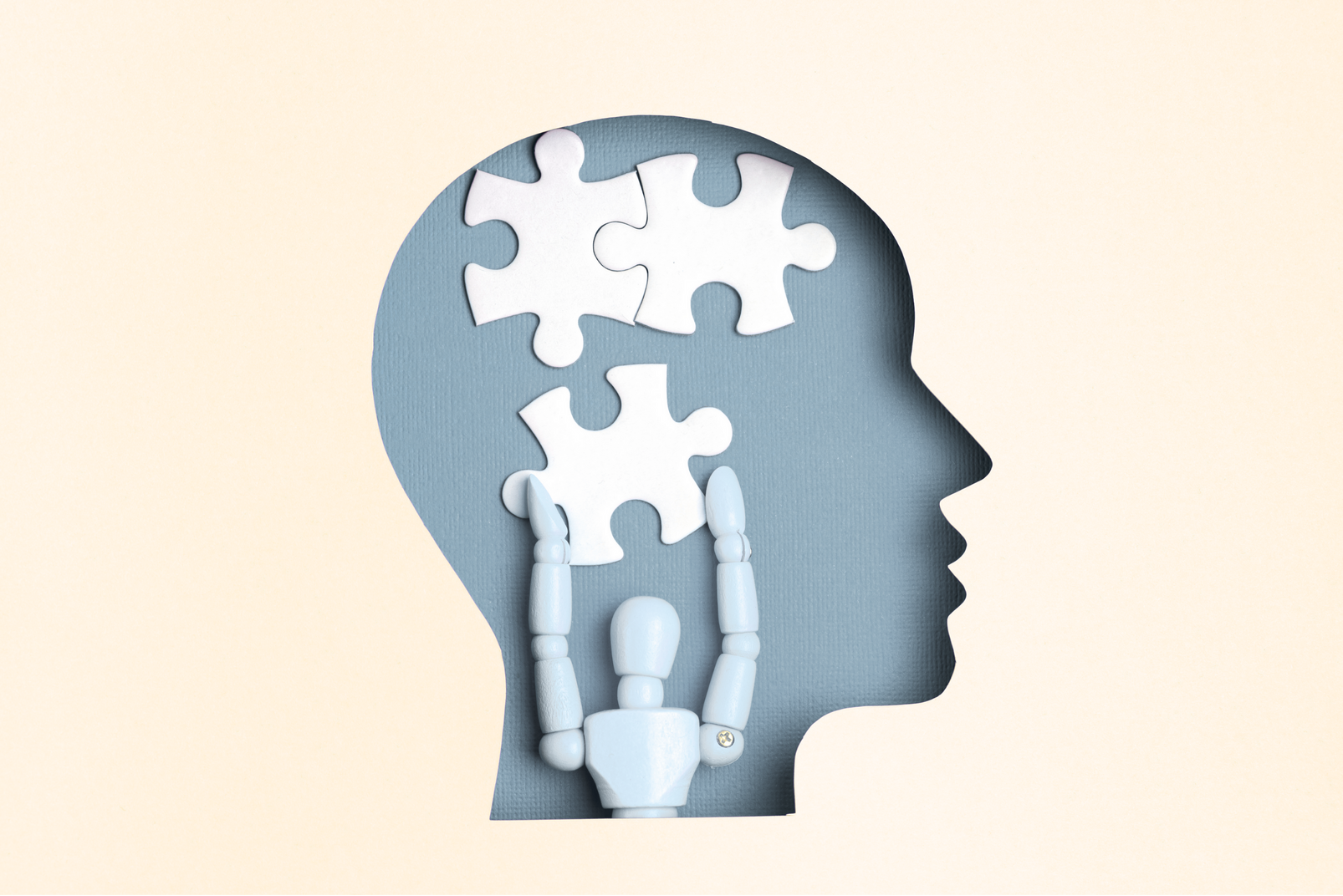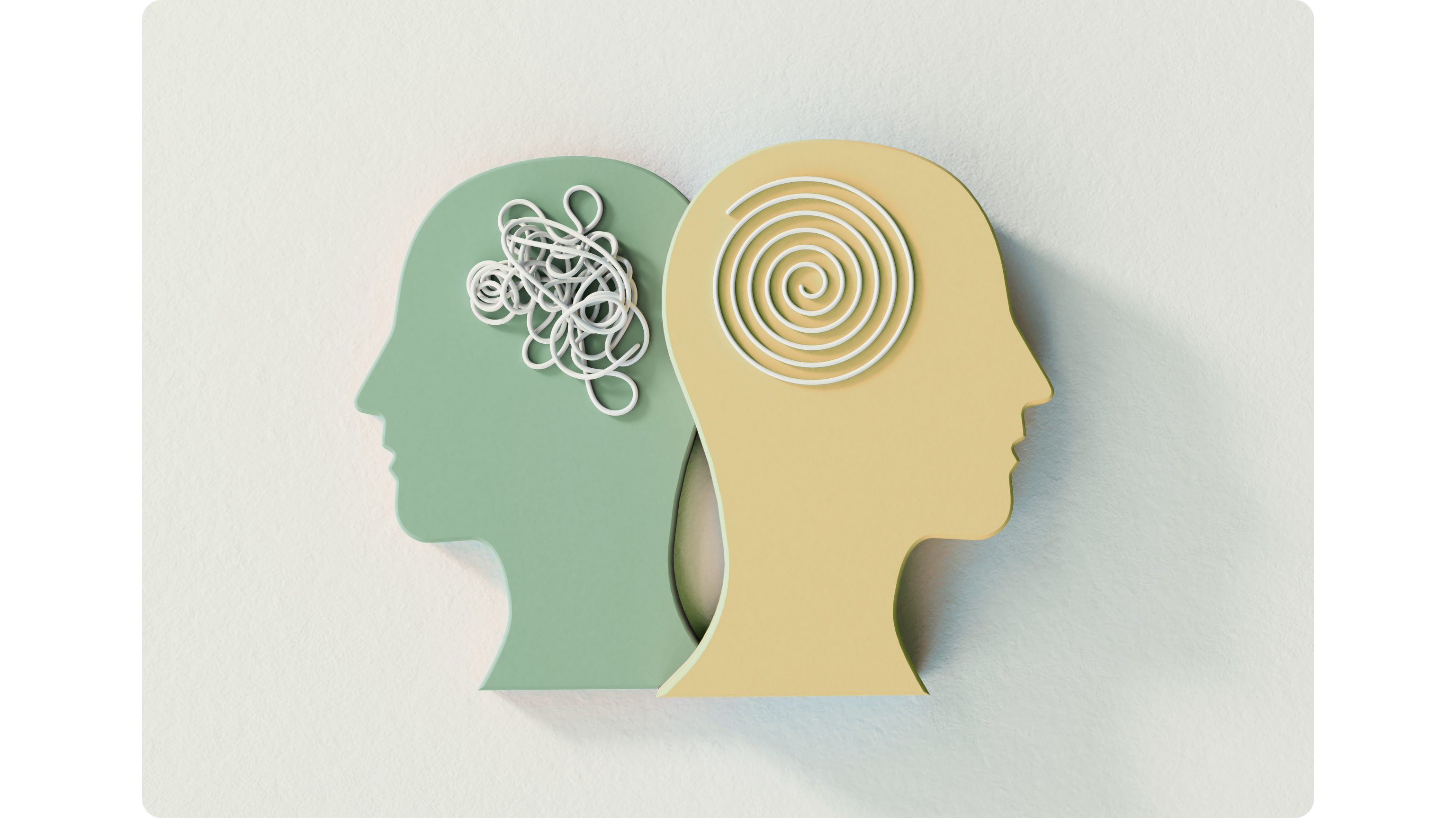Intellectual Developmental Disorder
Below is a list of symptoms, challenges, or behaviours commonly associated with this condition.
Recognising these signs? Psychological Assessments Pty Ltd is here to help with understanding and managing these challenges.

Focus and Following Directions
Do you or a loved one find it hard to pay attention or to follow complex instructions?
Communication of Needs
Is it hard to let others know what you or a loved one needs or wants?
Emotional and Behavioral Management
Is controlling emotions or behavior in different settings challenging?
Living Independently
Are daily activities like self-care, organizing, or meal preparation more difficult than they should be?
Speech and Language
Are there difficulties with talking, starting conversations, or understanding what others say?
Learning and Development
Is learning new things or keeping up with others in development a challenge?
Judgment and Decision-Making
Are making choices, remembering important details, handling money, or staying safe in everyday situations problematic?
Social Interaction
Is participating in conversations or picking up on social cues a struggle?
Milestone Progress
Are you or a loved one reaching important life stages, such as independence in daily tasks, at a different pace than expected?
Social Etiquette
Is understanding and following social norms, such as proper greetings and goodbyes, not coming easily?
What is Intellectual Developmental Disorder?
Intellectual Developmental Disorder (IDD, formally Intellectual Disability) means someone learns and manages daily tasks like communication, managing time and money, and self-care at their own pace, which may be slower than typically expected. It impacts how the person thinks and understands, solves problems, and makes decisions.

What Can Cause Intellectual Developmental Disorder?
GENETICS
Sometimes, a person is born with certain genes that can make learning harder for them.
ILLNESSES
Serious infections like measles or whooping cough can harm a person’s brain.
DURING PREGNANCY
If a baby doesn’t grow the right way in the womb, or if the mother drinks alcohol or gets sick while pregnant, it can affect the baby’s brain.
POOR NUTRITION OR TOXINS
Not getting enough of the right foods to eat or being around harmful substances like lead can affect how the brain works.
BIRTH COMPLICATIONS
If a baby is born too early or has problems during birth, like not enough oxygen, it can impact their brain.
INJURIES OR STROKES
If someone hurts their head badly or has a stroke while they are a child, it can damage parts of the brain that help with thinking and learning.
How Can We Help?
People with this condition can show different signs. Some may show signs early on, even as babies. Others, with a milder form, may not show signs until they start school and struggle with learning more than other kids.

If you recognise any of these signs, Psychological Assessments is here to support you. Our team will understand your unique strengths and challenges by looking at how you think, interact with others, and handle daily tasks. We can offer personalised recommendations for assistance whether it’s extra help at school, learning job skills, finding community services, or accessing the NDIS. We do all of this with care and respect, so you can feel more confident and independent every day.
